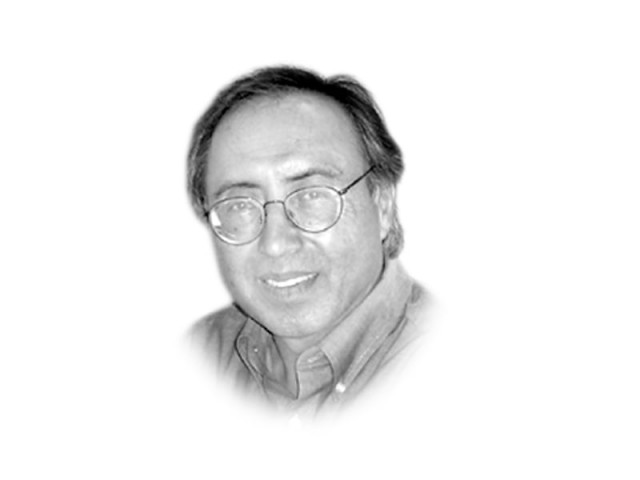

Pakistani politics has been criminalised for a very long time, for many decades now, and it is not any one party, any one part of the country or any single political or military regime that can be singled out on this account. This has been going on for a long time, as powerful political figures found it convenient to use criminals to do their bidding — intimidate opponents, eliminate them if necessary and help win elections. Our feudal cultural landscape is well known for the vicious connection between the feudal lords and the criminal gangs that they patronise. Not of all of them, but a good number of them do it. Most of them employ more subtle means than outright threats or violence. Even in the case of those who are not involved in politics, their connections with criminals serve as a source of power and influence in the rural societies of Punjab and Sindh in particular.
The criminalisation of politics in the urban areas has taken a different form. It is generally a connection between some sections of the political leadership, the property mafia and a section of political figures who use criminals to grab both public and private properties or force vulnerable families and individuals to sell their holdings for a song. Why does this happen and what is the remedy?
It is not just democratic politics but every form of politics that retains opportunities for criminals to enter the corridors of power. In societies like ours, the easiest route for them is to get under the umbrella of political parties, develop personal relations with the ‘great’ leaders and act as those who can deliver faithfully on any issue. This develops into a relationship of deep personal trust and unflinching loyalty under all circumstances. There is no redemption for betrayal by either side.
Politics in normal times, and in normal societies, is not practised through crime but through genuine popular support. Democratic politics is essentially rule-bound and within a legal and constitutional framework. The reason criminals have entered politics is that the rule of law regime in our society has become too weak to confront the criminal nexus. Being in power for decades, they have further weakened the institutions of law and accountability.
What is the way out? The cleansing of politics should happen through the strengthening of rule of law, improving the judicial system and by more effective, autonomous prosecution at the trial and accountability courts. Re-establishing the autonomy and professionalism of the police department in every province is another measure. It is too optimistic a view that people will bring into power good leaders. We will never have durable peace until this nexus of crime and politics continues to thrive.
Published in The Express Tribune, March 25th, 2015.
Like Opinion & Editorial on Facebook, follow @ETOpEd on Twitter to receive all updates on all our daily pieces.




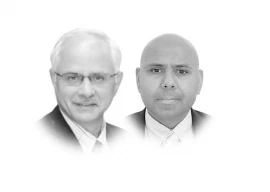

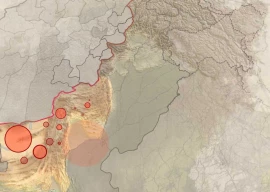
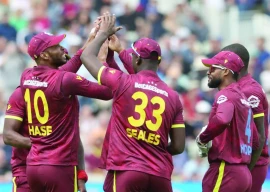
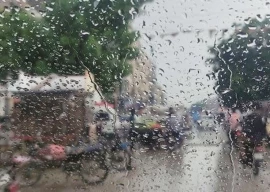
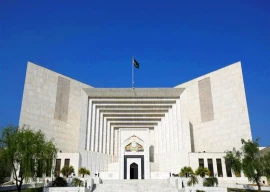
1728386780-0/BeFunky-collage-(38)1728386780-0-270x192.webp)

COMMENTS
Comments are moderated and generally will be posted if they are on-topic and not abusive.
For more information, please see our Comments FAQ